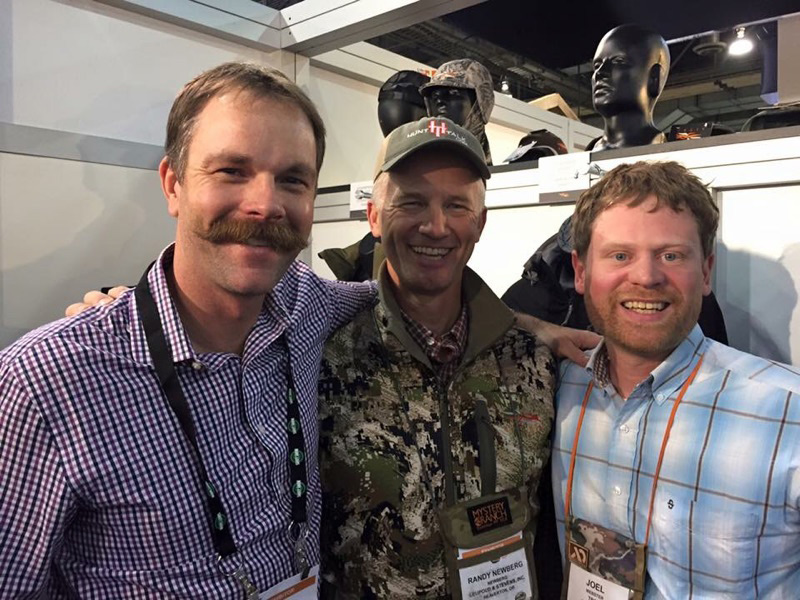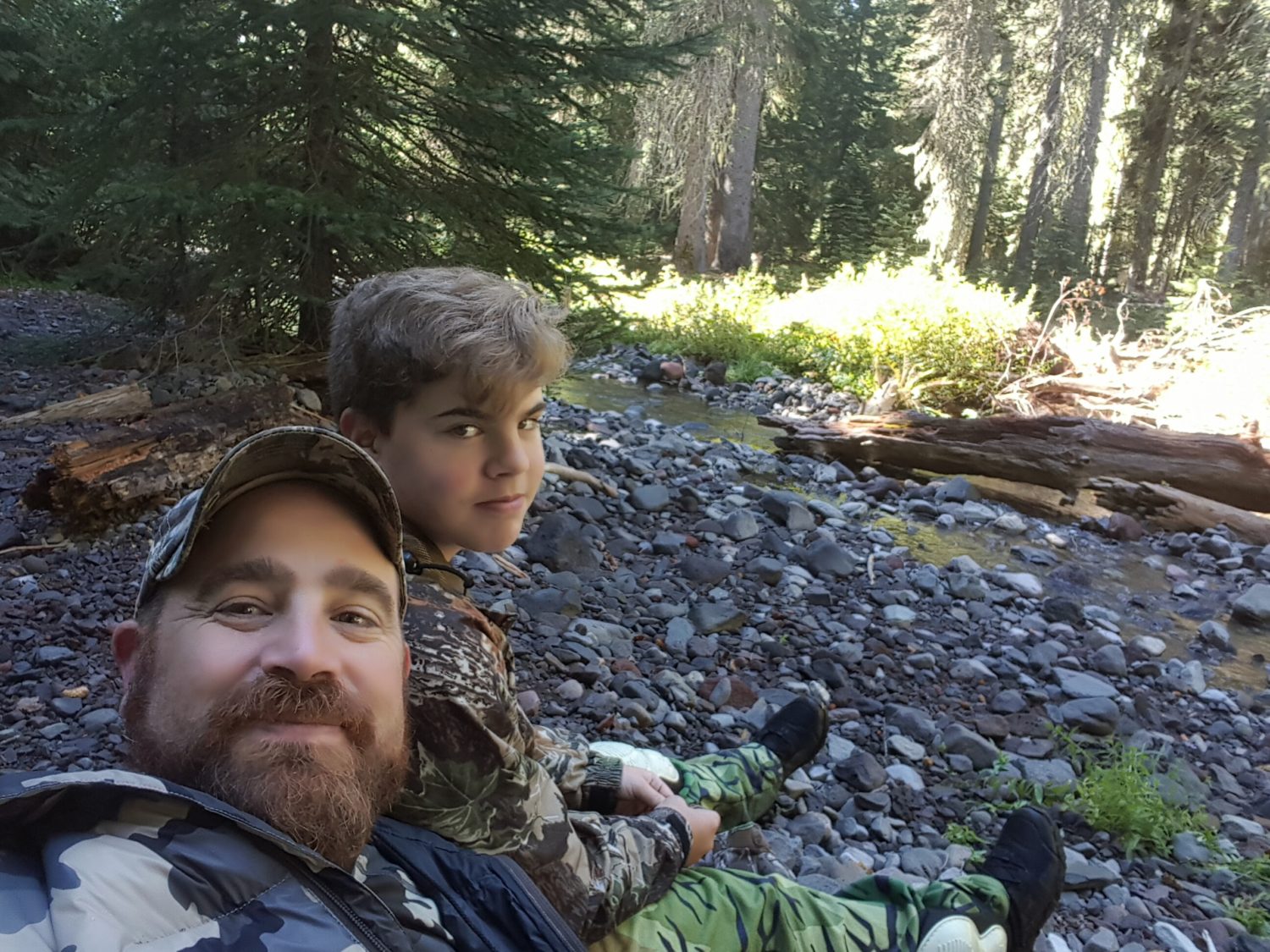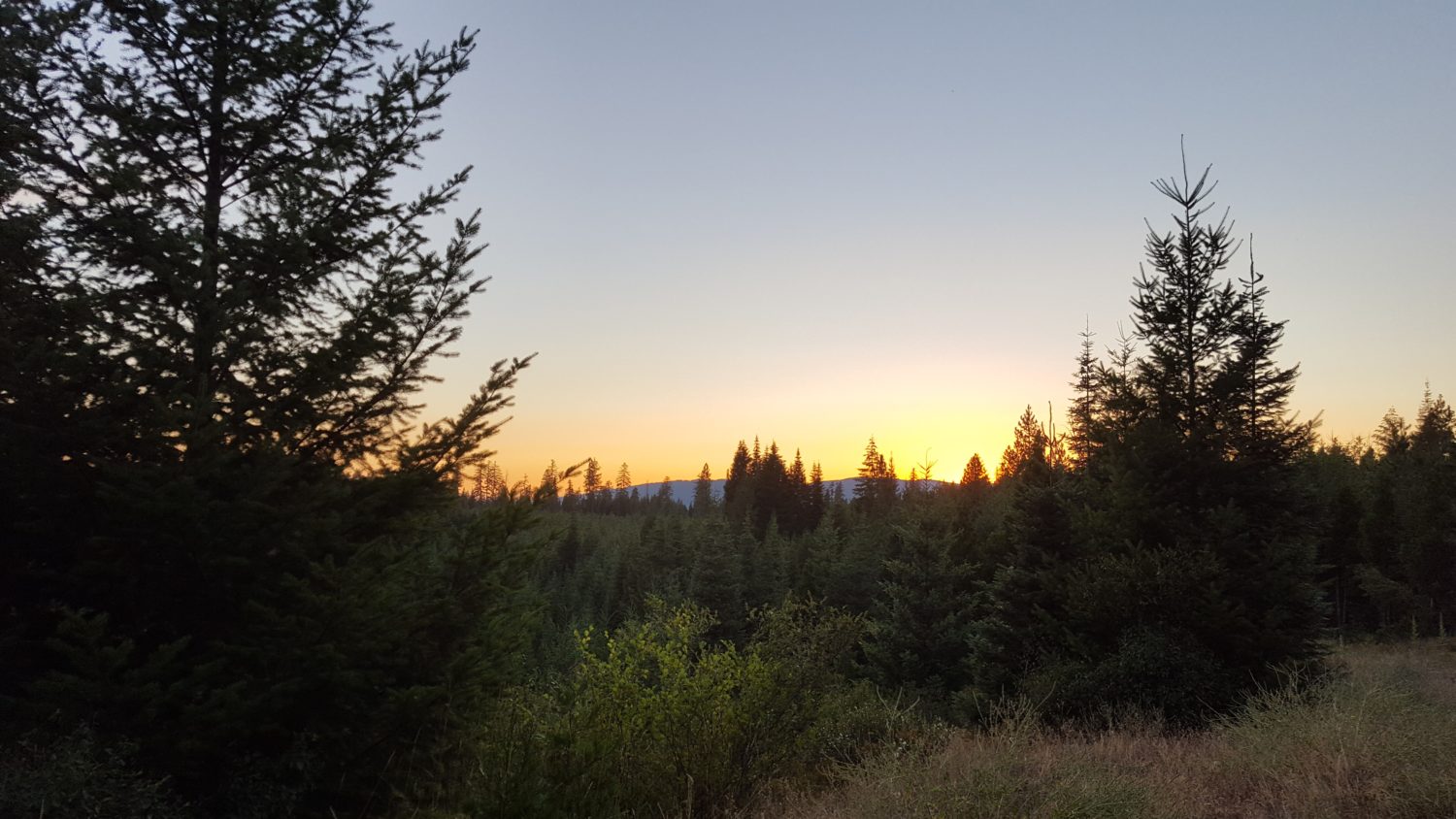Industry leaders at SHOT Show acknowledge that, as #OriginalConservationists, we have our work cut out for us
Thousands of marketers, buyers, and product innovators made their annual migration back to Vegas this week for the 2017 Shooting, Hunting, and Outdoor Trade (SHOT) Show, where deals are being struck and minds are being blown over the hottest new and yet-to-be-released gear. The outdoor media is here to film, tweet, and post it all, so you can start to salivate over what could be in your gun safe come fall.
It’s a place where you can start to grasp the scope of the $646-billion outdoor recreation economy. And, luckily for habitat and access that needs conserving in our country, big business for outdoor brands can mean major opportunities for fish and wildlife. Of course, millions of dollars in excise taxes on firearms and ammunition go toward conservation each year, but the brands behind your favorite gear also have some serious clout as conservation advocates and storytellers.
That’s why TRCP chooses SHOT as the venue for an annual discussion of our priorities for fish and wildlife, bringing together outdoor retailers, non-profits, and publishers to identify ways we can all work together in the coming year. Yesterday, the conversation naturally veered toward the uncertainty of a new chapter in Washington, but it was also clear that many in this industry are willing to step up and directly face the challenges ahead.

In the wake of a House vote on rules that would undervalue public lands and clear the way to transfer or sell them off, the threats to our sportsmen’s access were top-of-mind for the group—which included writers, radio personalities, and Field Stream, Outdoor Life, Sports Afield, and Bugle editors, as well as conservation leaders from state fish and wildlife agencies, TRCP, Pheasants Forever, Mule Deer Foundation, Backcountry Hunters and Anglers, The Council to Advance the Hunting and Shooting Sports, and many, many others.
There were also many questions about conservation priorities that failed at the end of the last Congress: Why did wildfire funding reform fall apart? How do we approach yet another attempt at a Bipartisan Sportsmen’s Act? Together, how can we work smarter together this time?
Howard Vincent, president of Pheasants Forever and Quail Forever, reminded the group that it’s not too soon to start talking about the 2018 Farm Bill. In fact, our work is cut out for us if we have any hope of urging lawmakers to enhance conservation programs in the legislation that would keep up with growing demand. The good news is that we have more opportunities to collaborate with agriculture. “Because of market prices, farmers are growing negative dollars, so there’s a lot of demand for the Conservation Reserve Program and not enough enrollment,” Vincent said. “Many people are starting to recognize the importance of these programs to water quality downstream. For the first time in 30 years, commodity groups are asking us to come to the table and partner.”
Despite the sheer size of the crowd on the showroom floor, there were many concerns about the dwindling number of hunters. R3 (Recruitment, Retention, Reactivation) efforts are more widespread than ever, but Ryan Callaghan, conservation and public relations director at First Lite, thought that part of the solution is incumbent on all of us. “In our industry, we tend to talk about hunting as the pinnacle of badassery, but it can turn people off or be intimidating,” he said. “If we only show people the Mount Everest of hunting”—the backcountry solo hunts and adventures in far-flung places—“we can’t be relevant to a larger community.”
TRCP’s president and CEO Whit Fosburgh agreed that we cannot get complacent as a community—we can’t just leave these solutions up to someone else. He left the group with this final plea, bringing the conversation back to the current political climate. “I think many would agree that threats to our second amendment rights are mostly off the table for the next four years, but it’s not time to sit back. Turn your attention and energy to the places we hunt, the habitat, and our access. It will be critical to have as much support as possible.”








how does trcp feel about a wolf hunt for sport?
In a Fox News article titled “Though champion of gun rights, President Trump could jam firearm sales” posted 1/20/2017, reporter Hollie McKay writes, “…hunting has fallen into a ‘flat’ phase — mostly due to the federal government buying up more and more parcels of land and thus limiting land access.” She was paraphrasing Drew Vendenhaupt, a vendor at this year’s Shot Show.
It’s no surprise that some firearms industry representatives hold this incorrect belief, and of course we expect Fox News to try hard to misguide its readers; a quick search reveals several articles espousing the benefit of privatizing all federal land.
While it might be impossible to get the whole of the industry on the side of conservation we need to encourage industry leaders to play a strong role in defending public lands from being sold or given away. As a hunter, conservationist, and 2nd Amendment supporter, I thank all companies who support this goal.